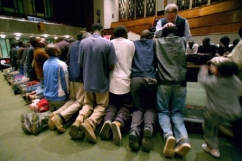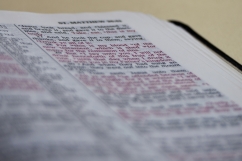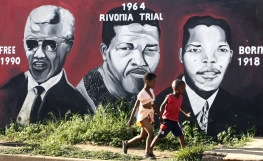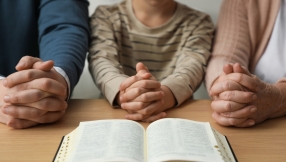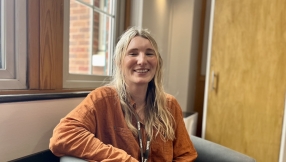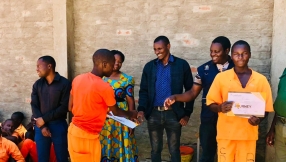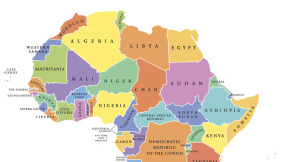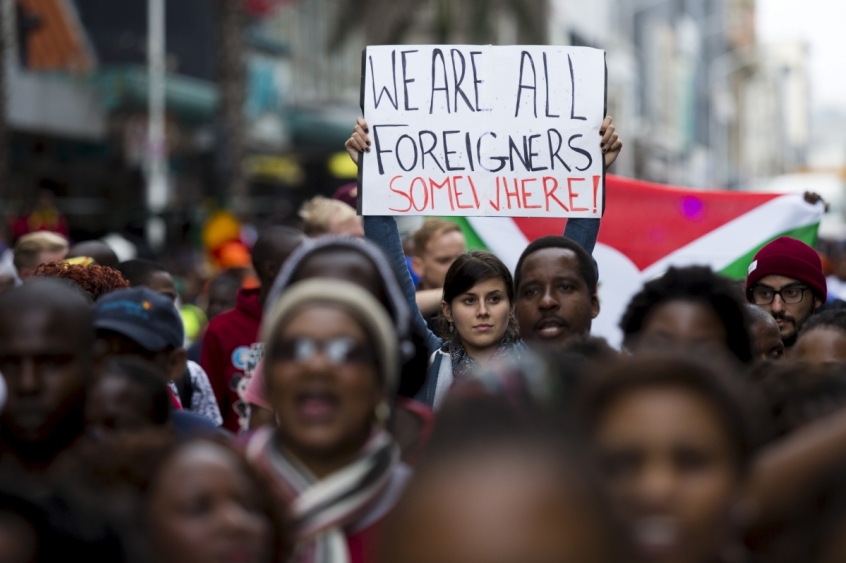
Churches have condemned the wave of violence directed at immigrants to South Africa which has shamed the country.
Attacks on immigrants from other African countries have been taking place in Durban and Johannesburg, with the fatal stabbing of Mozambican Emmanuel Sithole captured by a passing photographer. James Oatway's pictures led to the arrest of the assailants.
More than 300 people have been arrested for the attacks, which have seen eight people killed and more than 1,000 forced from their homes. The violence is fuelled by the country's poverty and the perception that migrants are taking jobs from South African citizens.
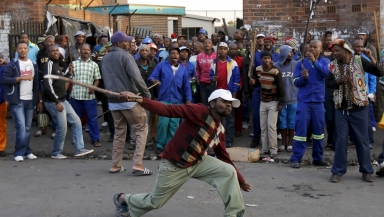
The Methodist Church has led marches in protest at the tide of xenophobia. The president bishop of the Methodist Church of Southern Africa, Bishop Zipho Siwa, called for a unanimous rejection of violence.
He said: "We appeal to all people in leadership and influence to refrain from using inflammatory language in a volatile situation. Our country is burning and all hands need to be on deck in putting out the fire."
Siwa added: "Ending xenophobia must take precedence. The violence and bloodshed must stop!"
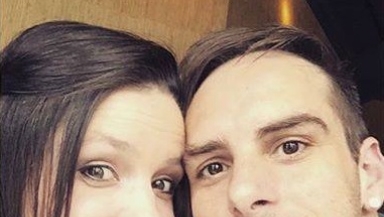
Churches have opened their doors to serve meals and give shelter to displaced people.
The Archbishop of Cape Town, Most Rev Thabo Makgoba, is to lead a silent vigil today on the steps of the cathedral organised by the Western Cape Religious Leaders' forum. On Friday a "One Million March Against Xenophobic Attacks" will be held in Pretoria at which speakers will include Graça Machel, widow of former president Nelson Mandela.
"Please pray for an end to xenophobia and for tolerance," the archbishop said. "Let us be voices of reason, acknowledging the anxiety and desperation which leads to attacks on foreigners."










